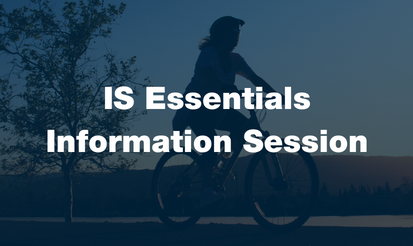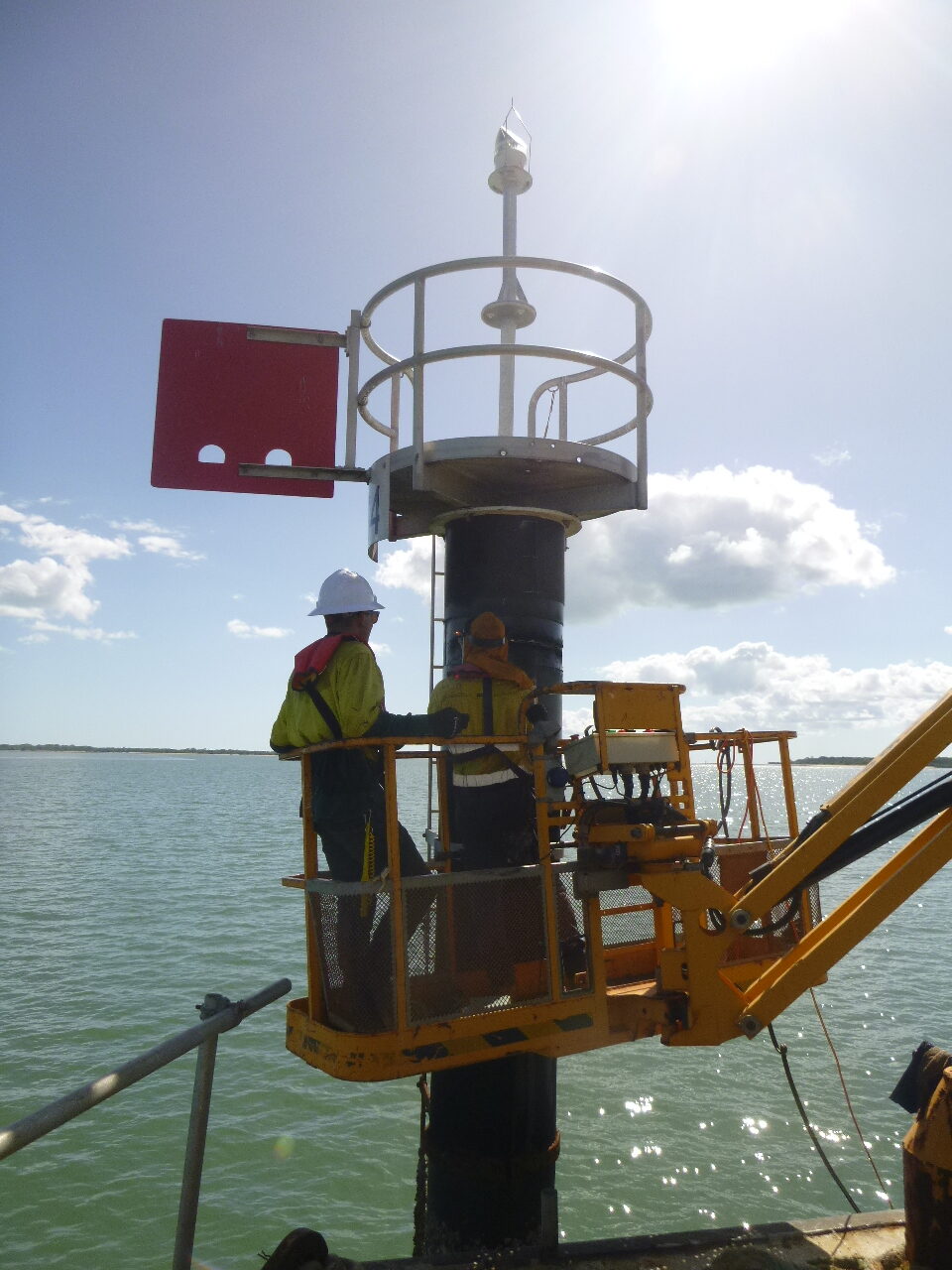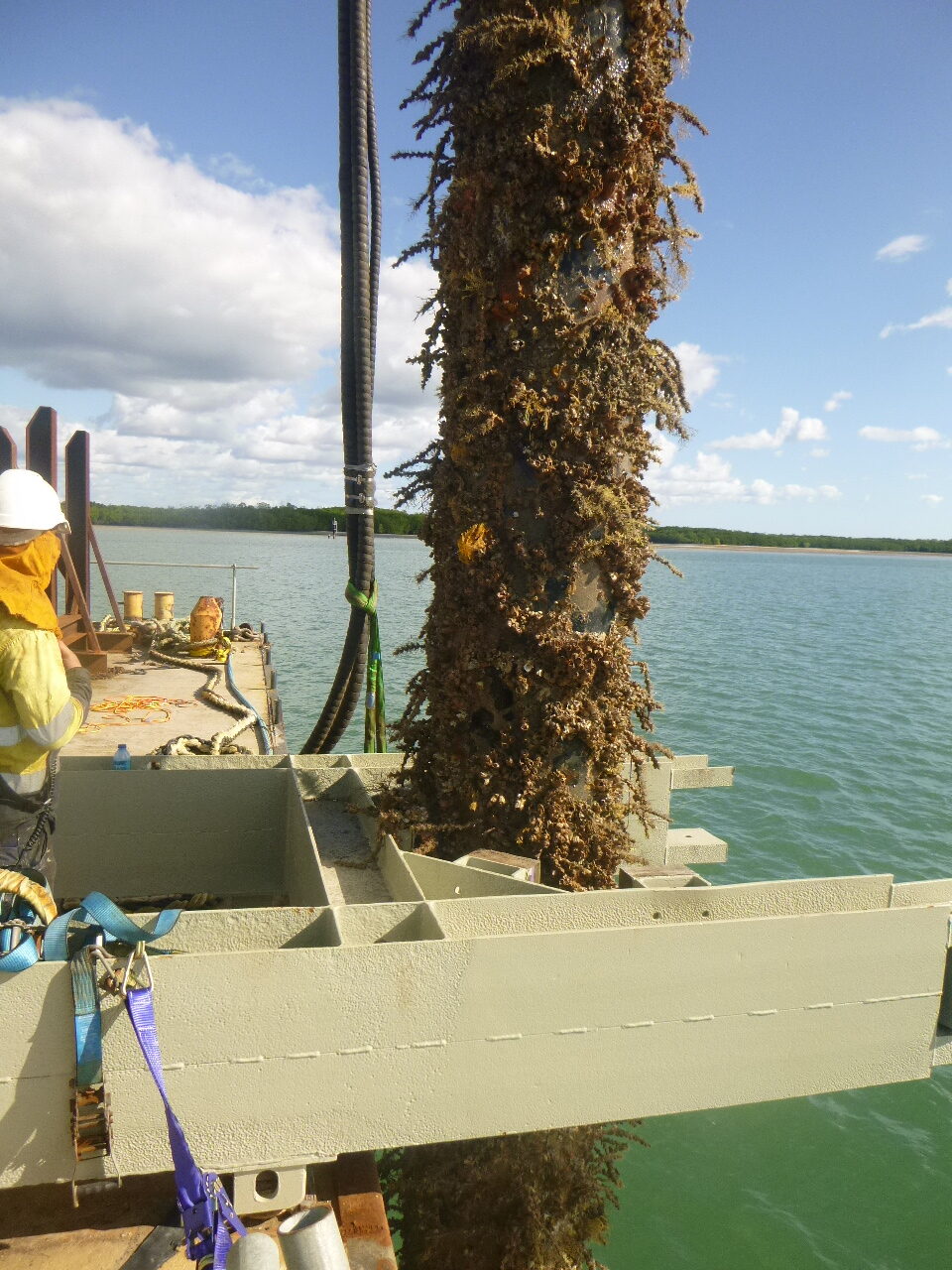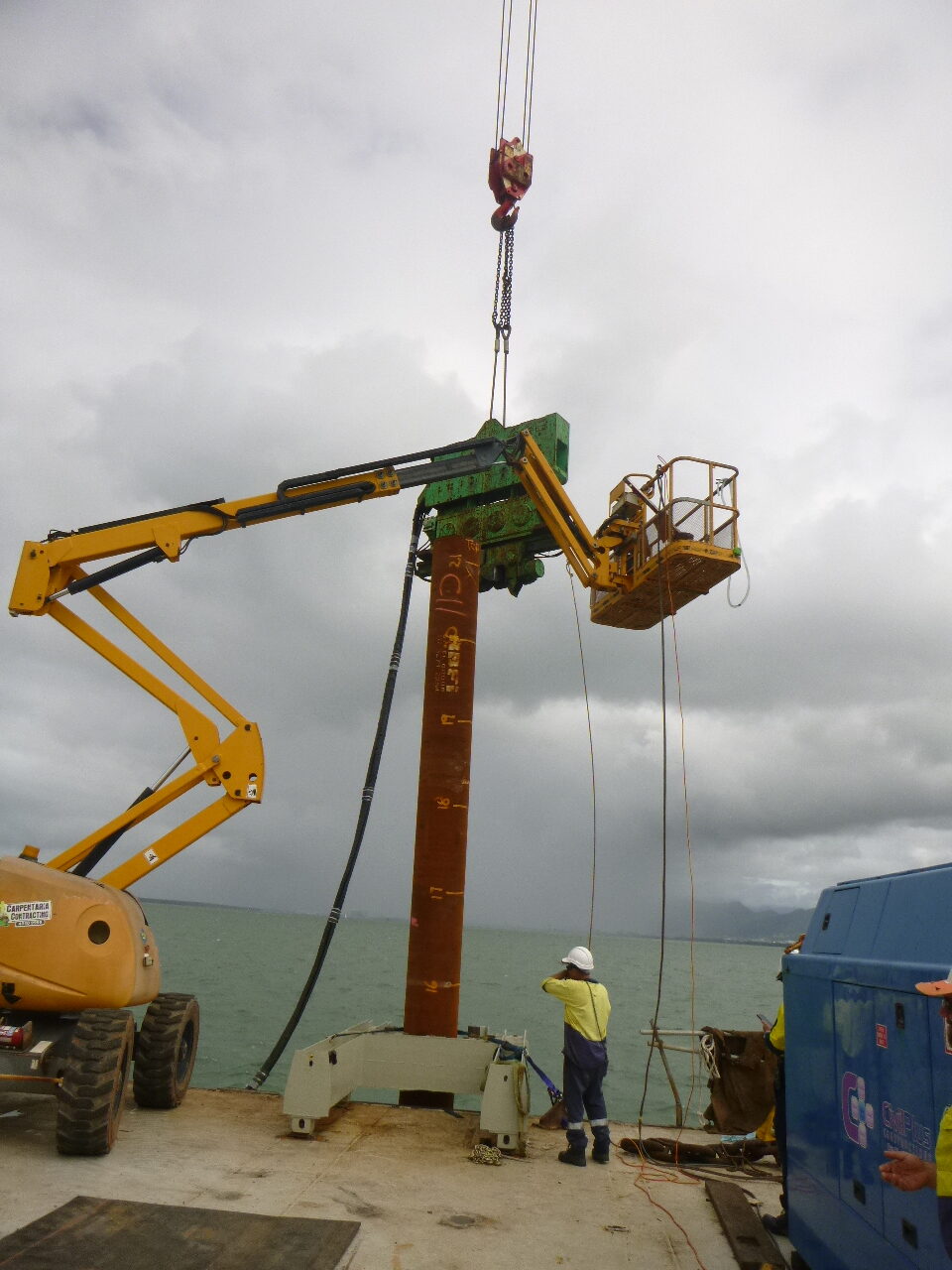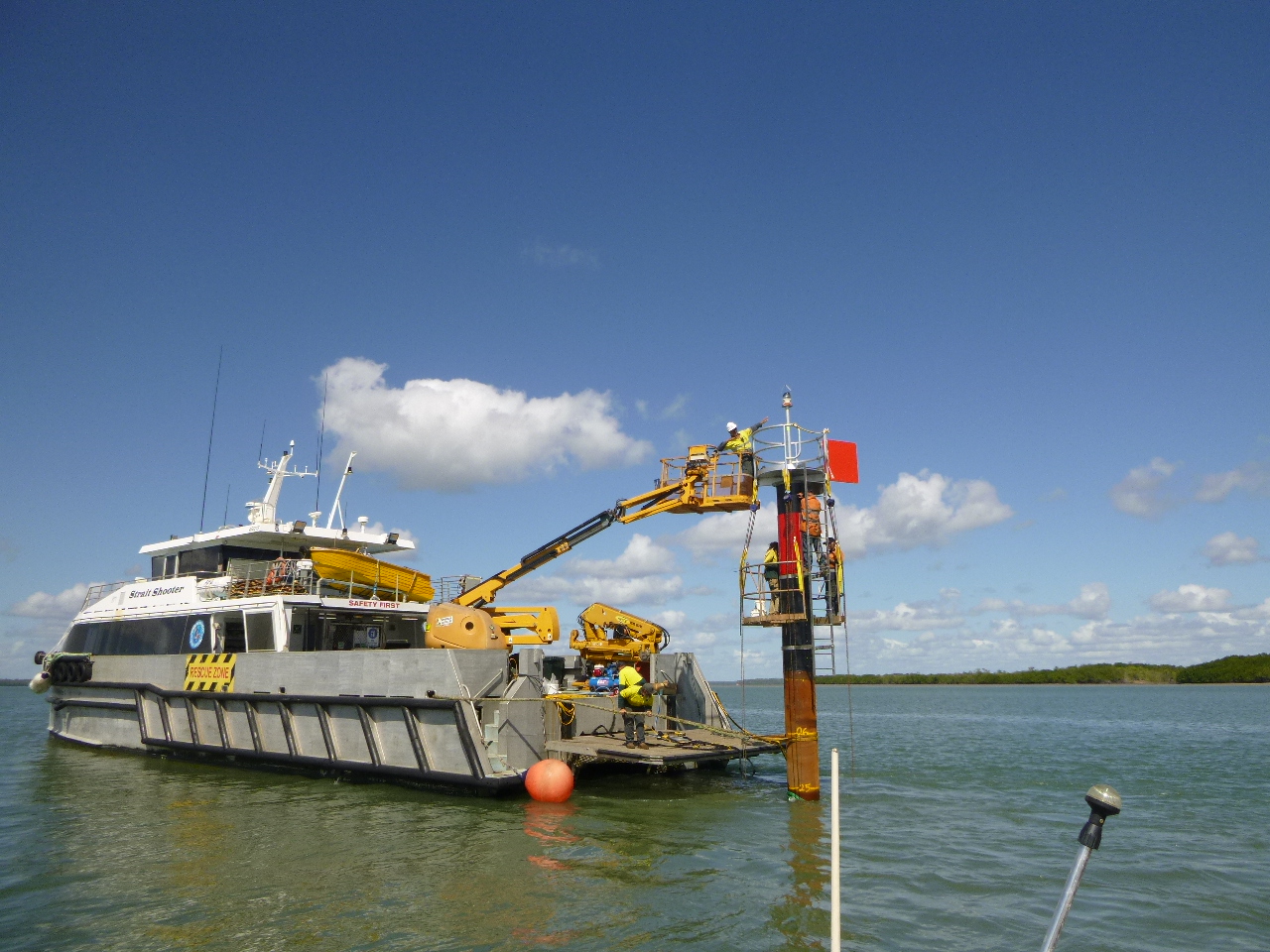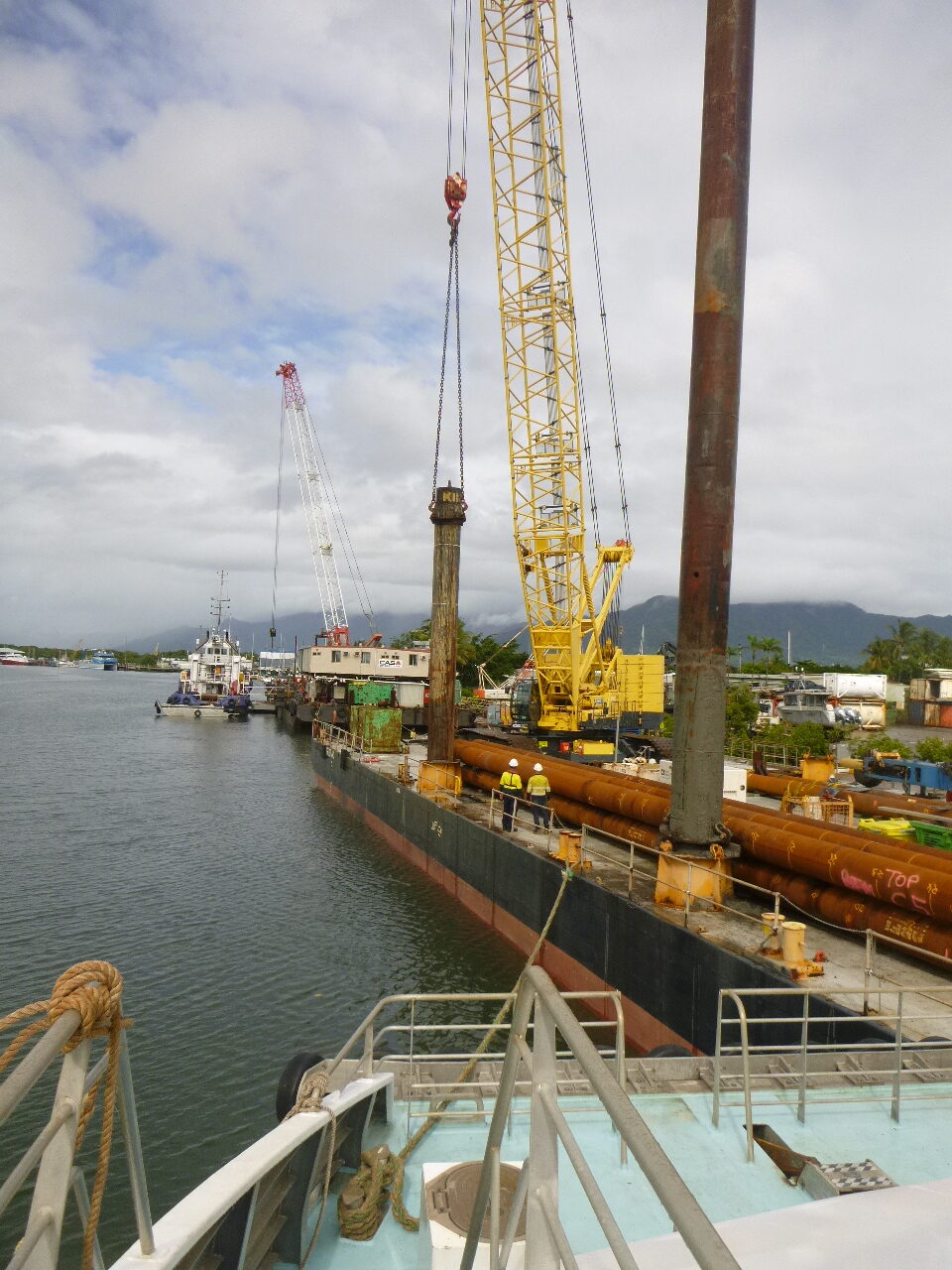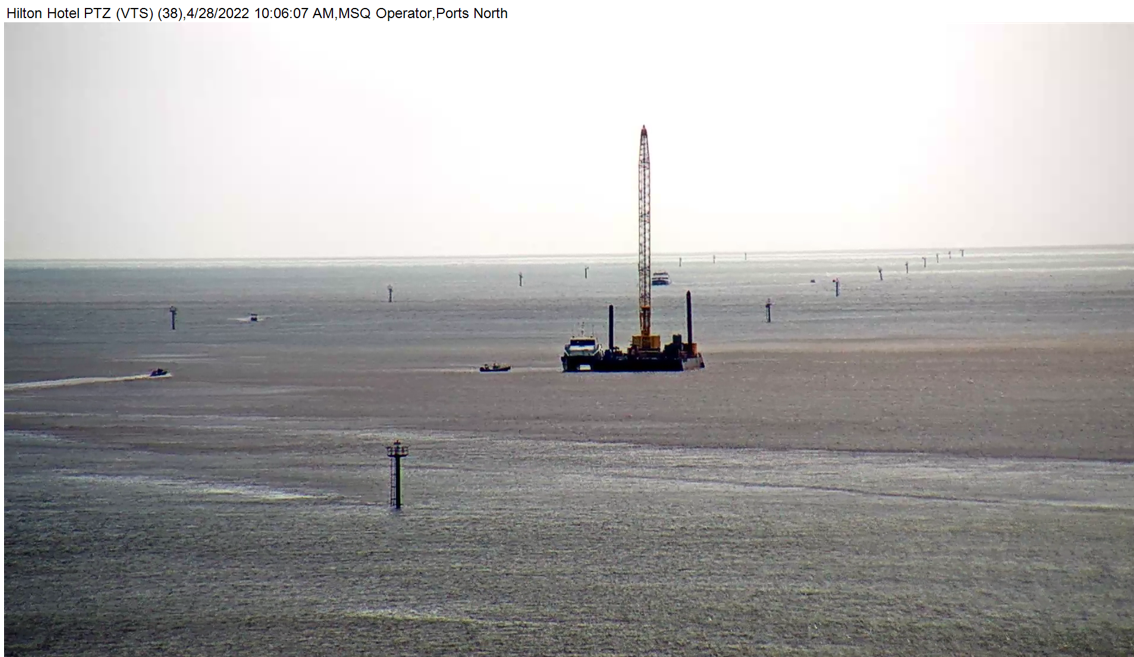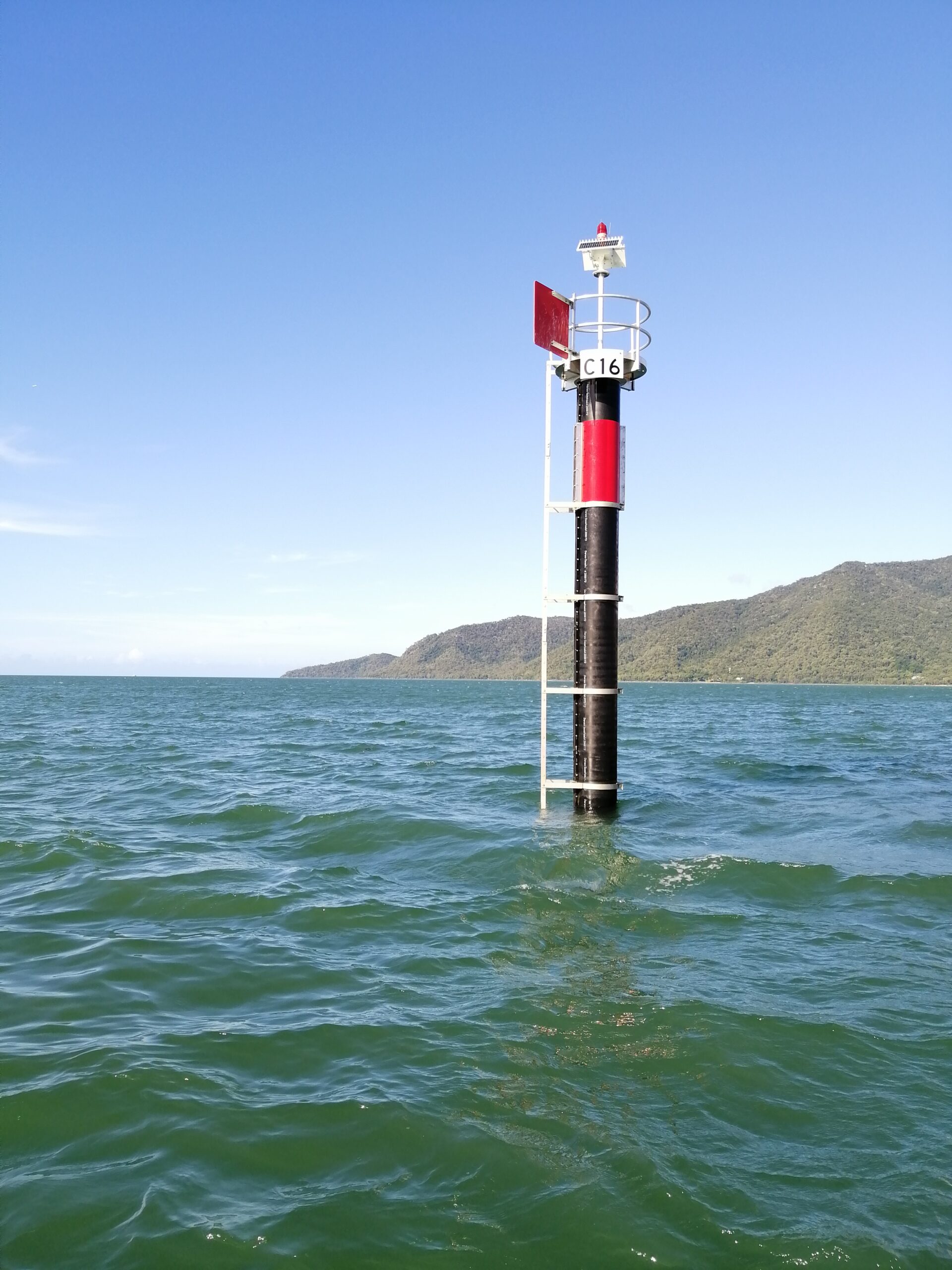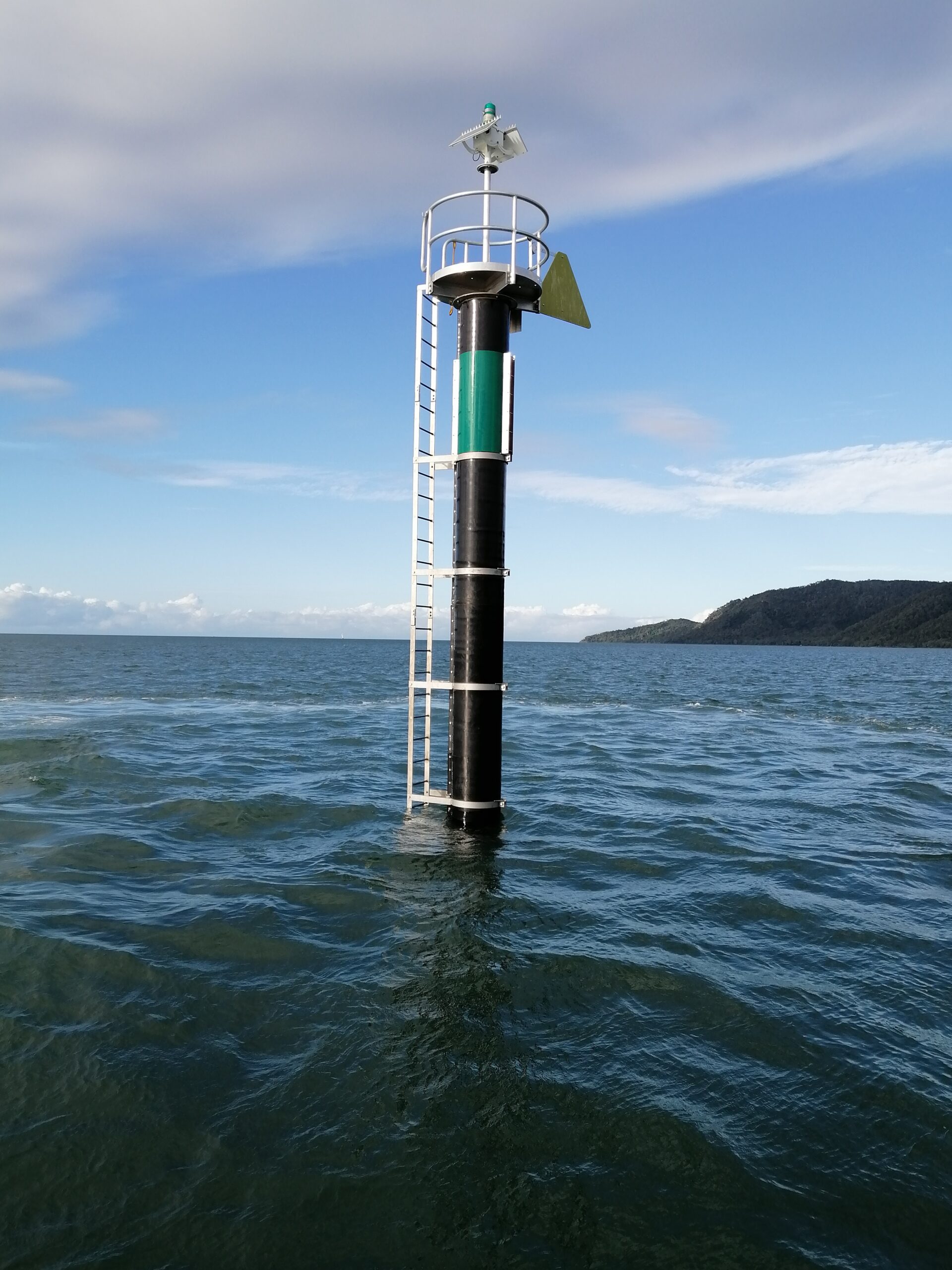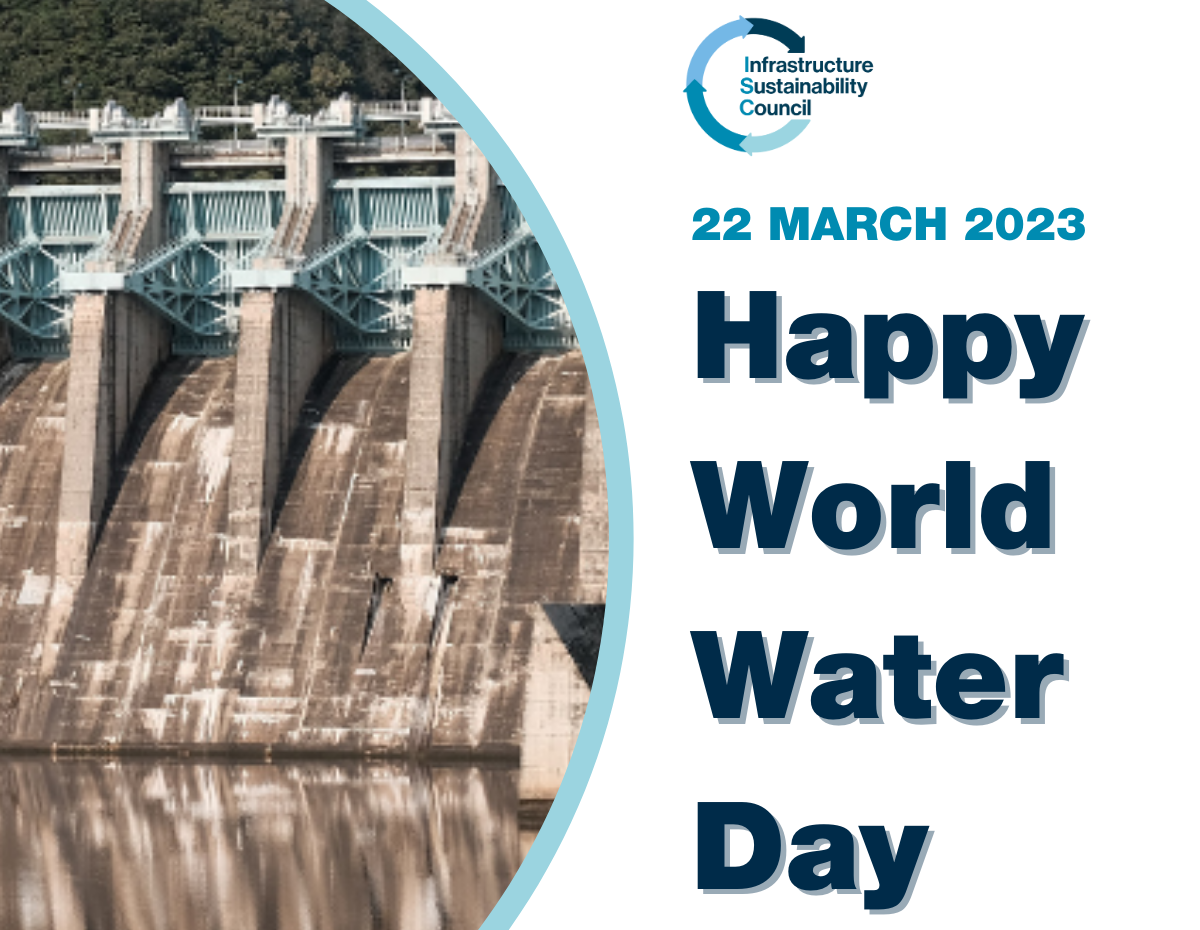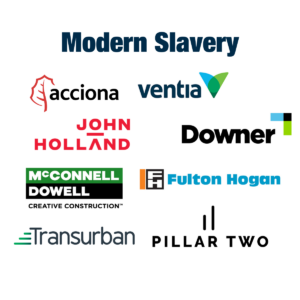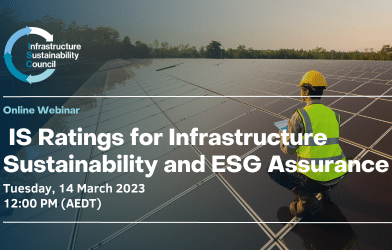Watch our latest recording of the IS Information Session our rating tool – IS Essentials, which can be applied to measure sustainability and quadruple bottom line performance of Infrastructure Projects and Assets under $100 million. During the session, We explore how the IS Ratings Work, the benefits, the pilot phase and how to join. The session will focus on the benefits of IS Essentials, the implementation and engagement with IS Essentials on your project/asset and how to get involved as a Pioneer Partner.
Speakers for our webinar include:
- Monique Isenheim, Head of Market Development – Infrastructure Sustainability Council
- Tom Young, Regional Lead – Infrastructure Sustainability Council
- Tyrel Momberg, Principal Technical Advisor – Infrastructure Sustainability Council
For ISAP’s interested in watching the Base Case Webinar, click here to access the recording
To access the Webinar Presentation, click here

